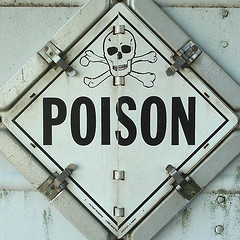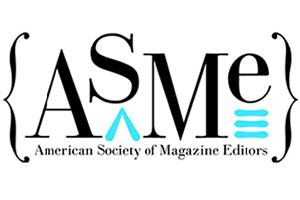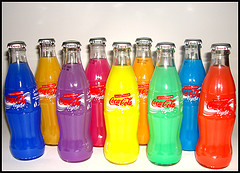Glue Fumes Cripple Workers in North Carolina

Sheri Farley suffers from an excruciating and debilitating condition known as “drop foot,” a form of nerve damage caused by five years of breathing glue fumes at an upholstery plant in North Carolina:
For about five years, Ms. Farley, 45, stood alongside about a dozen other workers, spray gun in hand, gluing together foam cushions for chairs and couches sold under brand names like Broyhill, Ralph Lauren and Thomasville. Fumes from the glue formed a yellowish fog inside the plant, and Ms. Farley’s doctors say that breathing them in eventually ate away at her nerve endings, resulting in what she and her co-workers call “dead foot.”
A chemical she handled — known as n-propyl bromide, or nPB — is also used by tens of thousands of workers in auto body shops, dry cleaners and high-tech electronics manufacturing plants across the nation. Medical researchers, government officials and even chemical companies that once manufactured nPB have warned for over a decade that it causes neurological damage and infertility when inhaled at low levels over long periods, but its use has grown 15-fold in the past six years. [NYT]
Some 40,000 Americans die prematurely each year from exposure to toxic substances at work, Ian Urbina reports for the New York Times, ten times as many as are killed in industrial accidents, yet the Occupational Health and Safety Administration (OSHA) devotes less regulatory energy to making sure workers breathe clean air on the job.
Backed by over 200 pages of source documents, Urbina’s feature is both heartbreaking and thought-provoking, it deserves to be widely read.
[Photo credit: mag3737, Creative Commons.]









